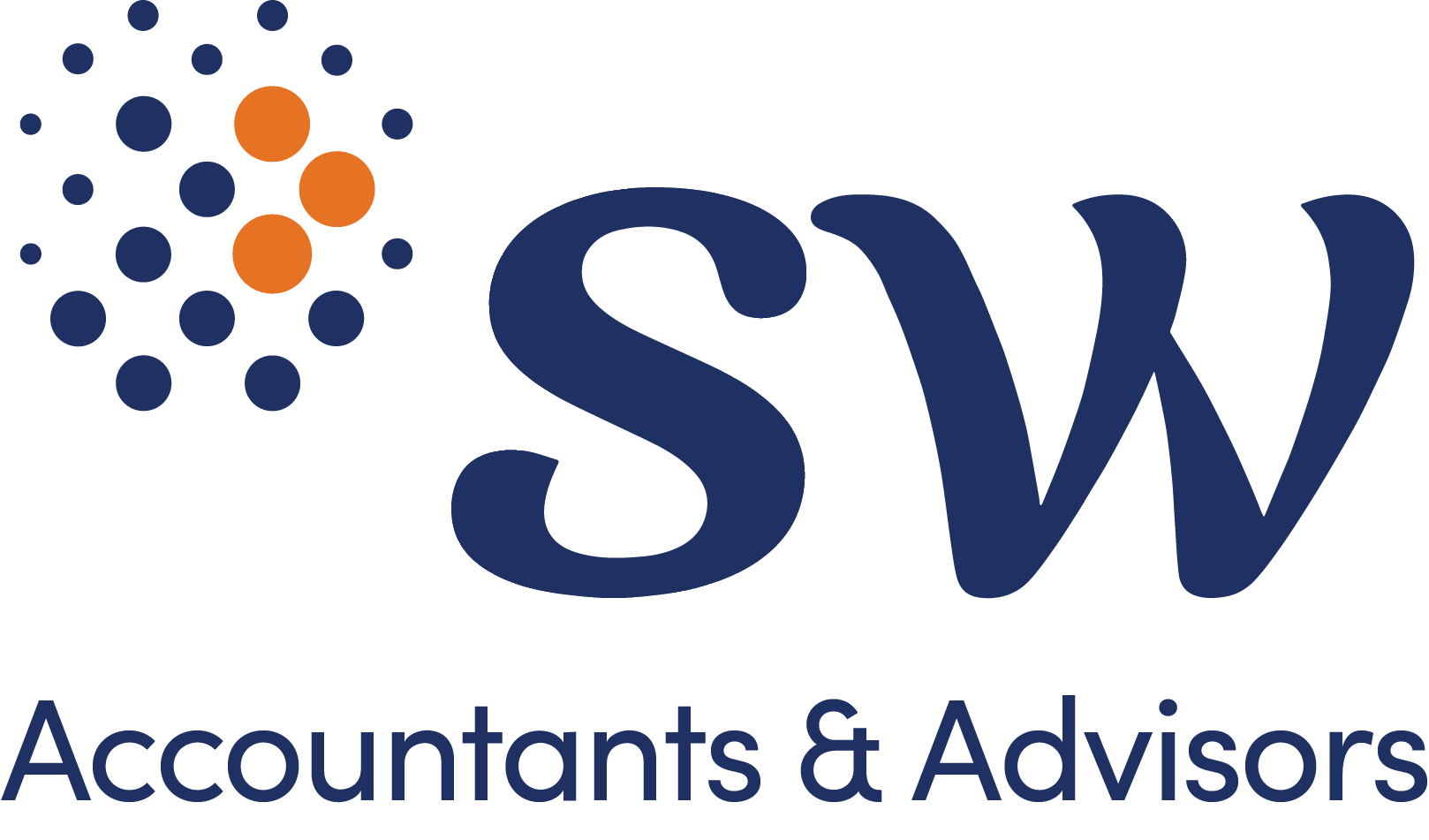
ATO updates Top 500 private groups tax program: how it affects your business
10/03/2023
The Australian Taxation Office (ATO) has updated its guidance on effective tax governance for the Top 500 private groups in Australia. The Top 500 program focuses on preventive action, and its key concept is ‘Justified Trust,’ which ensures confidence in the community that the largest private groups are paying the correct amount of tax.
To achieve Justified Trust, private groups need to satisfy four key areas, including the effective operation of a tax governance framework. The ATO has outlined seven key principles for effective tax governance, and private groups need to satisfy the first four principles to achieve Justified Trust.
Drawing insights from the ATO’s findings report, the ATO has further outlined ten items that demonstrate effective tax governance frameworks.
While the Top 500 program targets private groups with a specific size, the ATO’s emphasis on tax governance is relevant to all substantial private groups.
What is the Top 500 program?
The program deviates from the typical ATO review in that it focuses on preventive, rather than corrective, action and is underpinned by the concept of Justified Trust. The program is targeted at groups that are not public or foreign owned:
- with over $250 million in turnover, regardless of net asset value
- with over $500 million in net assets, regardless of turnover
- with over $100 million in turnover and over $250 million in net assets
- that are market leaders or groups of specific interest.
My private group is not subject to the Top 500 program – is this still relevant to me?
Whilst the main focus of this alert is the Top 500 private groups, the answer to this question is yes. Increasingly, the ATO is placing emphasis on tax governance as a concept relevant to all substantial private groups, so it is not something that is confined to the Top 500.
The ATO’s ‘Next 5000’ program, for example (which focuses on groups with a net wealth of $50 million plus) also places significant emphasis on tax governance in assessing taxpayers tax affairs. All private groups of significant size are encouraged to have a documented tax governance framework tailored, of course, to their scale, operations and resources. Therefore the comments below relating to tax governance matters have relevance to a broader range of groups.
‘Justified Trust’ and the benefits
A Top 500 private group needs to meet the four key areas listed below at a ‘whole of group’ level to achieve the Justified Trust threshold:
- ensuring that effective tax governance frameworks, processes and procedures are in place
- risks flagged to market in the ATO’s Taxpayer Alert and Ruling programs are not present in the group
- the tax treatments applied to tax issues arising from ordinary and atypical transactions are demonstrated as correct
- differences between accounting and tax results are complete and understood in context.
Once a private group has attained Justified Trust, the benefits generally include a ‘lighter touch’ approach to reviews of the group by the ATO for three years.
Effective operation of the tax governance framework
To achieve Justified Trust, the implementation and effective operation of the tax governance framework is an essential requirement.
The ATO has outlined seven key principles for what constitutes an effective tax governance framework, with an emphasis on the importance of the first four principles (noted above) as ‘required items’ and the remaining three principles listed below as ‘additional items’:
- professional and productive working relationship
- timely lodgements and payments
- ethical and responsible behaviour.
In practice, a private group should likely satisfy these three items if the ‘required items’ are effectively executed.
Drawing insights from the findings report (which is generally published annually), the ATO has recently further outlined ten items derived from the four principles for which a private group can rely upon to demonstrate that its tax governance framework is operating effectively and as intended.
Principle 1: Accountable management and oversight
- Ensuring the segregation of tax and reporting governance, such that no one individual is solely responsible for the group’s entire tax function.
- Whilst reporting lines may be in place to ensure the controlling mind(s) determines the group’s desired tax outcome, processes set in place to achieve that outcome should be independent of the controlling minds.
Principle 2: Recognise tax issues and risks
- The ATO would take greater comfort if the group could demonstrate that the preparation of tax return includes an independent review of the draft return by an external advisor.
- Where returns are prepared externally, the group or the tax agent can readily provide documentation evidencing that correct tax treatments have been considered for significant and/or atypical transactions, and be able to explain any differences between tax and economic outcomes.
- The tax governance framework for the group’s trading entities is reviewed and endorsed by the Board annually. Processes enabling the identification and addressing of weaknesses are in place.
- Substantiation exists to support group’s position on FBT.
Principle 3: Seek advice
- An annual check-in with the ATO. There is a similar requirement under the 3-year monitoring and maintenance period upon reaching Justified Trust.
- Documentation showing escalation thresholds (for internal decision making and/or external advice) were complied with and advice was sought on uncertain tax positions.
Principle 4: Integrity in reporting
- Documentation supporting financial records of entities within the group reflecting a true and fair view of their performance and position.
- Procedures detailing any differences in financial performance between accounting and tax consolidated groups (i.e. book vs tax outcomes).
Apart from the unwavering emphasis on the importance of maintaining detailed documentation of procedures for tax function, another observation worth noting is that a high assurance rating could be achieved satisfying at least three out of the ten items illustrated.
Are you ATO-review ready?
In preparation for a risk review by the ATO, private groups should:
- Consider their tax processes and tax risk management policies and procedures and ensure that appropriate documentation exists to support these and how they operate in practice. Whilst a lengthy formal tax governance framework will not be necessary in all cases, clients are encouraged to have their processes documented in a manner suitable to their organisation.
- Ensure that group structure charts are up to date and other relevant documentation, including trust deeds, signed trustee resolutions are on hand and readily accessible.
- Ensure that tax positions on contentious items are appropriately documented and differences between tax and accounting results are readily explicable.
How SW can help
SW has extensive experience in assisting clients and their advisors with the design, documentation and testing of tax governance frameworks and the ATO’s tax compliance program (such as the Top 500 and Next 5,000 reviews).
Should you have any queries in relation to tax governance issues, Justified Trust, ATO reviews or other related matters, please reach out to your SW contact or Key Contacts listed here.


